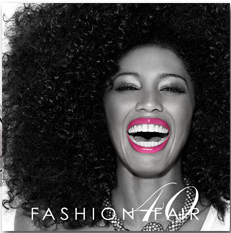
The History of Makeup for Black Women: From Fashion Fair to Fenty Beauty
In 2016, Rihanna partnered with LVMH to launch Fenty Beauty, a ground-breaking cosmetics line known for its inclusive range of foundation shades. However, the quest for makeup catering to black women began long before that. We will delves into the history of makeup for black women, highlighting notable brands and their contributions to the industry.
According to Tiffany Gill, Associate professor of History and Black American studies at the University of Delaware, “When it comes to beauty, there are usually based on very narrow ideas of what constitutes beautiful. And even, if there is a wider range of women who are demanding products, a wider range of consumers who want to see themselves reflected and are willing to pay money to get these products. Many brands are unwilling to cater to them in fear it will damage their brand. In fear that it will make their brand less glamorous, less beautiful if it’s attached to black women, if it’s attached to darker skin women.
Historically, the beauty industry has predominantly catered to a specific type of person, neglecting the diverse needs of others. Even in the late 1940s, when makeup options for black women were available, beauty companies primarily focused on skin lightening products instead. It was not until the 1970s that an attempt was made to showcase a broader range of beauty in the makeup industry.
During this time, the cultural movement known as “Black is Beautiful” emerged as a celebration of blackness within the African American community. This movement was a response not only to colourism within the black community but also to the pervasive racism present in wider American culture. It brought about a significant change in the beauty industry, leading to the creation of more products within the black community. Many of these innovative products were developed by black-owned companies like Fashion Fair Cosmetics.
History of Fashion Fair Makeup : Pioneering Black Beauty in the Industry
The Birth of Fashion Fair Cosmetics
Fashion Fair, the world’s largest Black-owned cosmetics company, holds the distinction of being the first makeup brand specifically created for dark skin. Its origin story dates back to the 1960s during the Ebony Fashion Fair. Eunice Johnson, the visionary founder of this renowned traveling fashion show, noticed that her models had to mix different foundations to achieve the perfect blend that matched their unique skin tones.
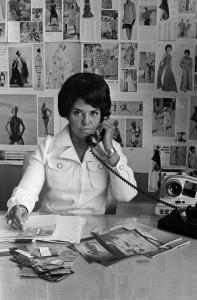
Initially, Mrs. Johnson approached existing cosmetics companies, urging them to develop a line that would cater to the specific needs of women of color. Regrettably, her request was met with considerable resistance. Undeterred, Eunice Johnson and her late husband, John H. Johnson, the publisher of Ebony and Jet magazine, turned to a private lab to create formulas based on the mixtures the models had ingeniously concocted.
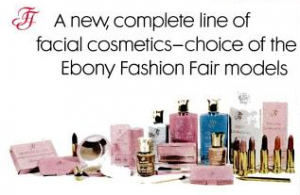
After successfully applying this customised makeup on the fashion show’s models, the Johnsons introduced The Capsule Collection—a mail-order package—in 1969. The overwhelming response to this collection unequivocally demonstrated the demand for a cosmetics line designed for Black women. In 1973, Fashion Fair Cosmetics was officially launched, paying homage to the fashion show that sparked its inception.
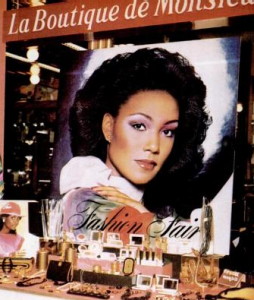
A Bold Approach to Beauty
Fashion Fair Cosmetics distinguished itself with its elegant pink packaging and an extensive range of shades. The brand strategically targeted high-end department stores for its marketing, enabling its presence to reach a broader audience.
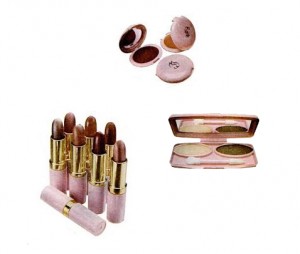
Over time, the line expanded to include skincare, fragrance, and hair care products, specifically tailored to address the unique needs of Black women.
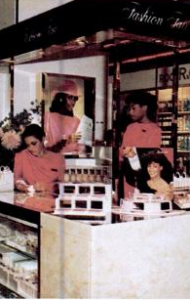
In 2008, the brand underwent a transformative makeover, introducing a new logo, contemporary packaging, and an expanded range of shades. Throughout its evolution, Fashion Fair Cosmetics has remained steadfast in its commitment to offering products, services, and educational resources that cater to the distinctive complexion needs of women of colour.
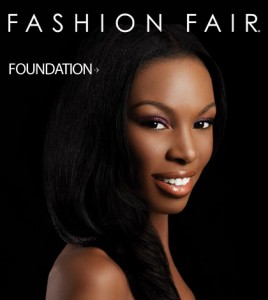
Fashion Fair, a subsidiary of Johnson Publishing Company, LLC, stands deeply rooted in the African-American experience. Eunice Johnson’s visionary entrepreneurship displayed a fearless spirit, as she ventured into an untapped market—makeup for Black women—an opportunity that many major cosmetics brands had refused to embrace.
Championing Inclusivity and Representation
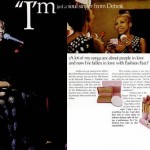
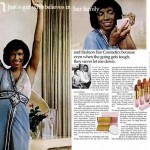
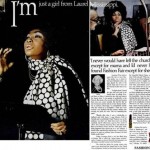
Fashion Fair Cosmetics continues to champion inclusivity and representation within the beauty industry. By focusing on the diverse needs of women of color, the brand remains dedicated to providing products, services, and education that celebrate and address the unique complexities of their skin tones. Eunice Johnson’s pioneering vision and unwavering commitment have left an indelible mark, elevating the visibility of Black women in the world of cosmetics.
Iman Cosmetics History
Model Iman launched her own makeup brand, IMAN Cosmetics, in 1994. Frustrated by the lack of representation from mainstream brands, Iman aimed to cater to women of various ethnic backgrounds: Black, Latinas, and Asians. Her brand was available at discount stores.
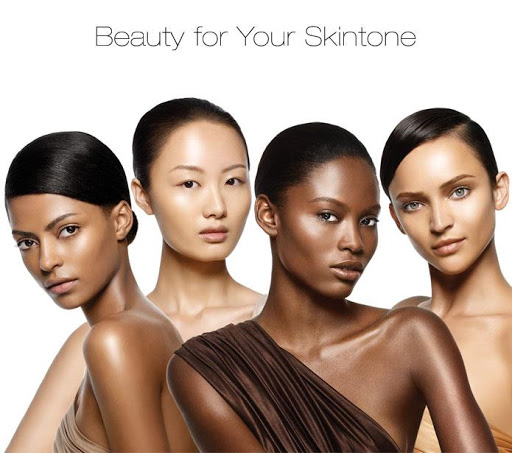
“If you look at the customer by skin tone, there’s a lot of overlapping,” Desiree Reid, General Manager at IMAN Cosmetics, says. “You’ll find dark skin tones in Indian women, Hispanic women, so we didn’t want to break down women by ethnicity. We included everybody.”
In 2004, IMAN Cosmetics partnered with Procter & Gamble. The brand is now available at mass retailers including Target, Walmart, Walgreens, and Duane Reade.
Her brand increased awareness of the needs of women of colours.
Black Opal History
Black Opal, established in 1994, was co-founded by Carol Mouyiaris, a woman of Jamaican descent, and Dr. Cheryl Burgess, a certified African American dermatologist. Initially based in the United States, the brand has since grown its presence across 30 countries, spanning Europe, Africa, the Caribbean, Australia, New Zealand, and the Middle East. In 2019, accomplished entrepreneurs and businesswomen Desiree Rogers and Cheryl Mayberry-McKissack, who previously held executive positions at the Johnson Publishing Company during the 2010s, acquired both Black Opal and Fashion Fair Cosmetics, continuing the legacy of these pioneering brands.
Mainstream Brands: Struggles with Inclusivity
In the realm of foundation options, notable brands such as Covergirl, MAC, Nars, Bobbi Brown, and MAKEUP FOR EVER emerged as significant players. When it comes to finding the perfect match, several factors come into play, including undertone, shade, and skin texture. Each of these variables can vary greatly from person to person, and accurately identifying one’s undertone is crucial in selecting products that harmonise with the skin.
However, while luxury brands successfully navigated this landscape, more accessible brands found in drugstores and discount department stores fell short. Mainstream beauty companies like Revlon, Maybelline, and L’Oréal attempted to expand their range of foundation options, but it became evident that the majority of their offerings were tailored towards lighter skin tones. Darker shades were limited to a handful of choices, leading to justified criticism of L’Oréal, which was accused of whitewashing Beyoncé’s face in a 2008 campaign.
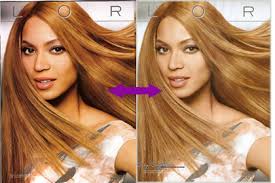
The primary issues arose from the marketing and communication strategies employed by these brands. Many failed to adequately represent diverse skin tones in their advertisements such as professional makeup brand MAKEUP FOR EVER which sales of darker foundation shades accounted for only 1% of their total sales. Another missed opportunity was observed with Chanel, as their foundation options for black women were exclusively available in the United States, neglecting countries such as France, the UK, and various African nations.
While traditional advertising channels like television and magazines remained the go-to for some brands, independent brands embraced social media as a powerful platform for promotion. In particular, the influence of social media transformed the beauty industry significantly. Notably, many women with significant followings on social media, including trained makeup artists and makeup enthusiasts, garnered immense influence over their engaged audiences. This shift provided a more intimate and relatable experience compared to relying solely on celebrity endorsements, which had been the common approach for brands like Covergirl and L’Oréal.
According to Tiffany Gill: “Social media has changed the beauty industry in tremendous ways. What is interesting is that if you go on social media, there are lots of women, some of whom are professionally trained makeup artist, some women who like makeup who have huge followings. And they have followings of people who listen to what they say. So it’s much more intimate than having, for example, just a celebrity at the front of your campaigns, which is often what Covergirl, and L’Oréal and many of the big companies have done.
Fenty beauty history
The Rise of Fenty Beauty: How It All Began
Fenty Beauty burst onto the beauty scene with a revolutionary approach to cosmetics, harnessing the power of social media to promote its products. Rihanna, the visionary founder, quickly understood the importance of representation and inclusivity in the industry. With a remarkable range of 40 foundation shades, including the darkest shades that flew off the shelves, Fenty Beauty proved that diversity is not only ethically essential but also a profitable business strategy. In fact, within just one month of its launch, Fenty Beauty generated a staggering $72 million in media value alone, leaving an indelible mark on the beauty industry.
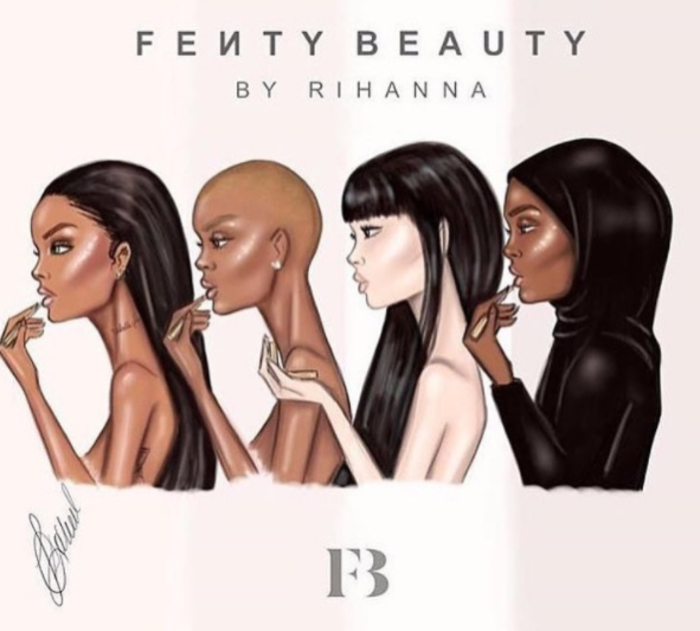
Unveiling the Impact of Fenty Beauty: A Catalyst for Change
Fenty Beauty’s debut ignited a transformative shift within the beauty industry, serving as a catalyst for change. The brand’s ground-breaking success challenged the status quo and shattered the misconception that catering to a wider range of skin tones is financially risky. By daring to meet the needs of consumers that other mainstream brands had overlooked, Fenty Beauty sent a powerful message: inclusivity is not only demanded but also highly valued. This seismic impact sparked a wave of change throughout the industry, inspiring other brands to follow suit and embrace a more diverse and inclusive approach.
Embracing Diversity: Fenty Beauty’s Impact on Representation
Central to Fenty Beauty’s ethos is a firm commitment to embracing diversity and ensuring proper representation. Recognising the lack of inclusivity in traditional beauty campaigns, Rihanna made it a priority to feature women of colour prominently in her marketing and advertising efforts. By doing so, Fenty Beauty empowered individuals from all backgrounds to feel seen, celebrated, and acknowledged within the beauty space. This deliberate and authentic representation resonated deeply with consumers.
Fenty Beauty’s Influence on the Beauty Industry
Fenty Beauty’s impact on the beauty industry has been immense. It not only proved the market potential of inclusive cosmetics but also compelled other brands to reassess their approach. By championing diversity and featuring models of colour like Duckie Thot, Slick Woods, and Halima Aden, Fenty Beauty normalized darker and Asian skin tones as beautiful in mainstream media. As a result, other brands began prioritising people of colour in their campaigns. In 2017, Neelam Gill became the first British-Indian model to front a L’Oréal Paris campaign, and in 2018, Naomi Campbell secured her first beauty campaign with NARS after decades in the industry. Fenty Beauty set a new standard for inclusivity, reshaping beauty standards and prompting a more representative and inclusive future.
Changing Beauty Standards: Fenty Beauty’s Inclusive Approach
Fenty Beauty’s inclusive approach to beauty has significantly contributed to the transformation of beauty standards. By offering an extensive range of shades that cater to a diverse spectrum of skin tones, Fenty Beauty shattered the limited and often exclusionary beauty norms that had prevailed for far too long. The brand’s commitment to celebrating and embracing individuality has not only empowered consumers but has also reshaped the industry’s perception of what is considered beautiful. Fenty Beauty’s influence continues to reverberate, inspiring a new era of inclusivity where all individuals can feel confident, represented, and celebrated.
For far too long, the beauty industry has disregarded women of colour as valued consumers. However, the history of makeup for black women showcases the tenacity and innovation of entrepreneurs who understood the importance of inclusive cosmetics. From Fashion Fair’s ground-breaking initiatives to Fenty Beauty’s transformative influence, these brands have not only defied industry norms but also demonstrated that diversity is both lucrative and essential. By amplifying diverse voices and embracing representation, the beauty industry continues to evolve and celebrate the beauty of all. These successful makeup lines have effectively debunked the misguided notion that there is no profitability in catering to deeper shades in cosmetics.
FAQs
Fashion Fair Company faced challenges in recent years and eventually filed for bankruptcy in 2019. The brand struggled to adapt to changing consumer preferences and increased competition in the beauty industry. It was bought by a consortium of investors in an effort to revive the brand and continue its legacy.
Desirée Rogers and Cheryl Mayberry McKissack
Iman Abdulmajid is the founder and CEO of IMAN Cosmetics.
Fenty Beauty was created by Rihanna, the renowned singer, and entrepreneur.
Fenty Beauty started with Rihanna’s vision for inclusive beauty, offering products for all skin tones and celebrating diversity.
Yes, Fenty Beauty is black-owned and was founded by Rihanna, a prominent figure in the black community.
Fenty Beauty products are developed and produced by a team of experts led by Rihanna, ensuring the highest quality and innovation.
About Doria Adoukè
We’re dedicated to exploring the rich history of black women through the lens of cosmetic brands. Discover our art prints and books that honour the beauty and resilience of black women.


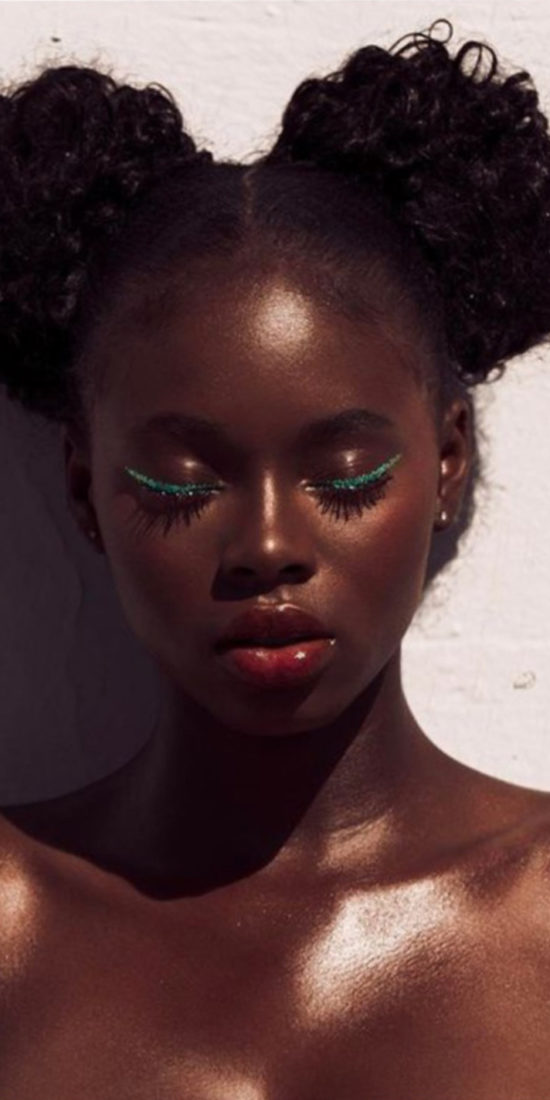
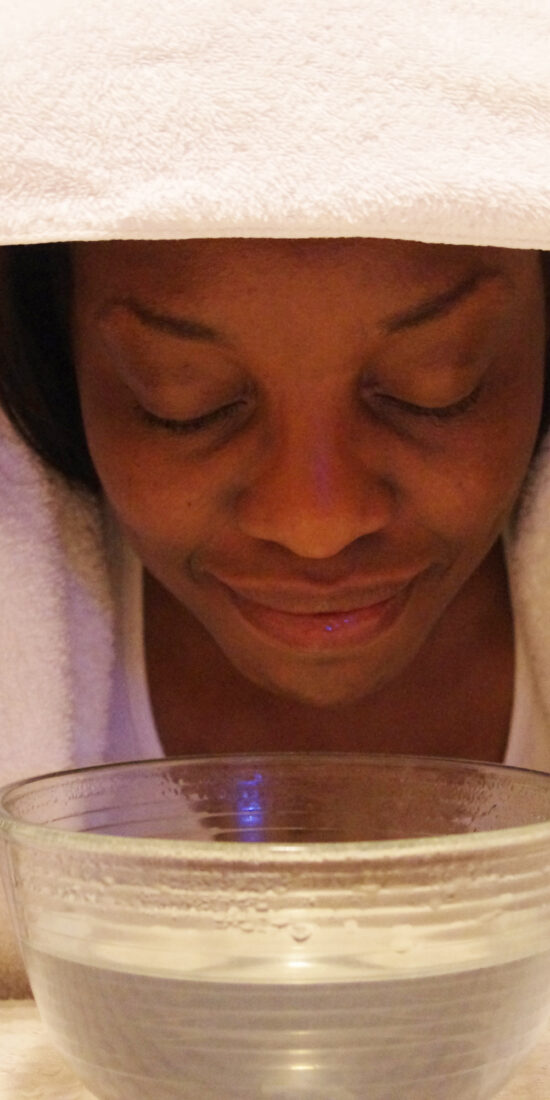
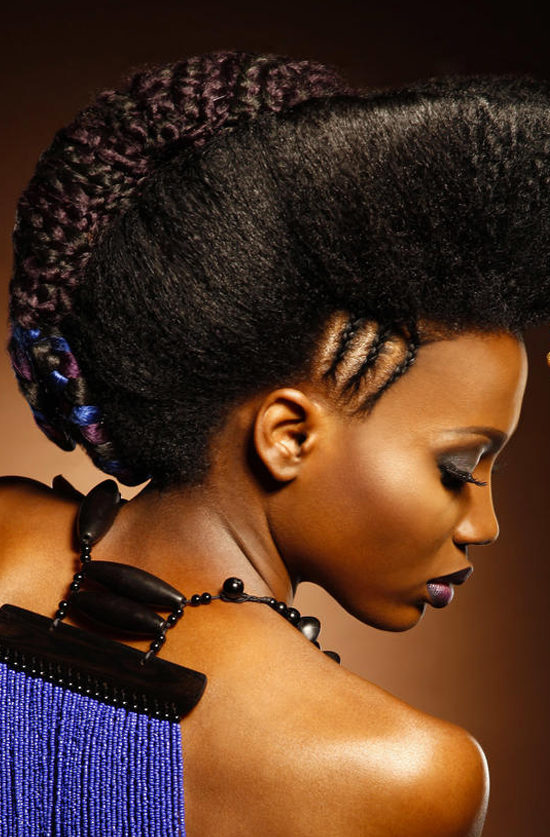
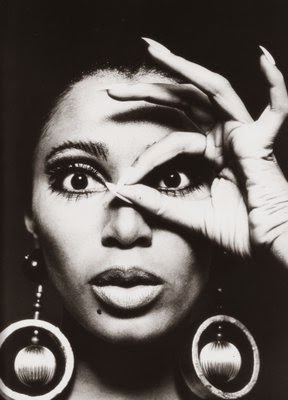
Jen
Give Rhianna her props she was the first to do it and she did it the best not just 2 shades. let’s be real they were not marketing to woman of color until she did not just fair skin!!
admin
Thank you for sharing your thoughts! Rihanna definitely made a huge impact with Fenty Beauty by pushing the beauty industry to be more inclusive, and she deserves all the love for that. However, it’s important to recognize that long before Fenty, there were Black-owned brands like Fashion Fair, Black Opal, and Iman Cosmetics who specifically created makeup for women of color — even when mainstream brands ignored us.
The difference is that Rihanna had a much bigger budget, star power, and global platform to bring this conversation to the forefront. It doesn’t erase the efforts of earlier pioneers who laid the groundwork, often with very limited resources.
We should celebrate all the women and brands who fought for representation, not just the ones who had the advantage of a bigger stage.